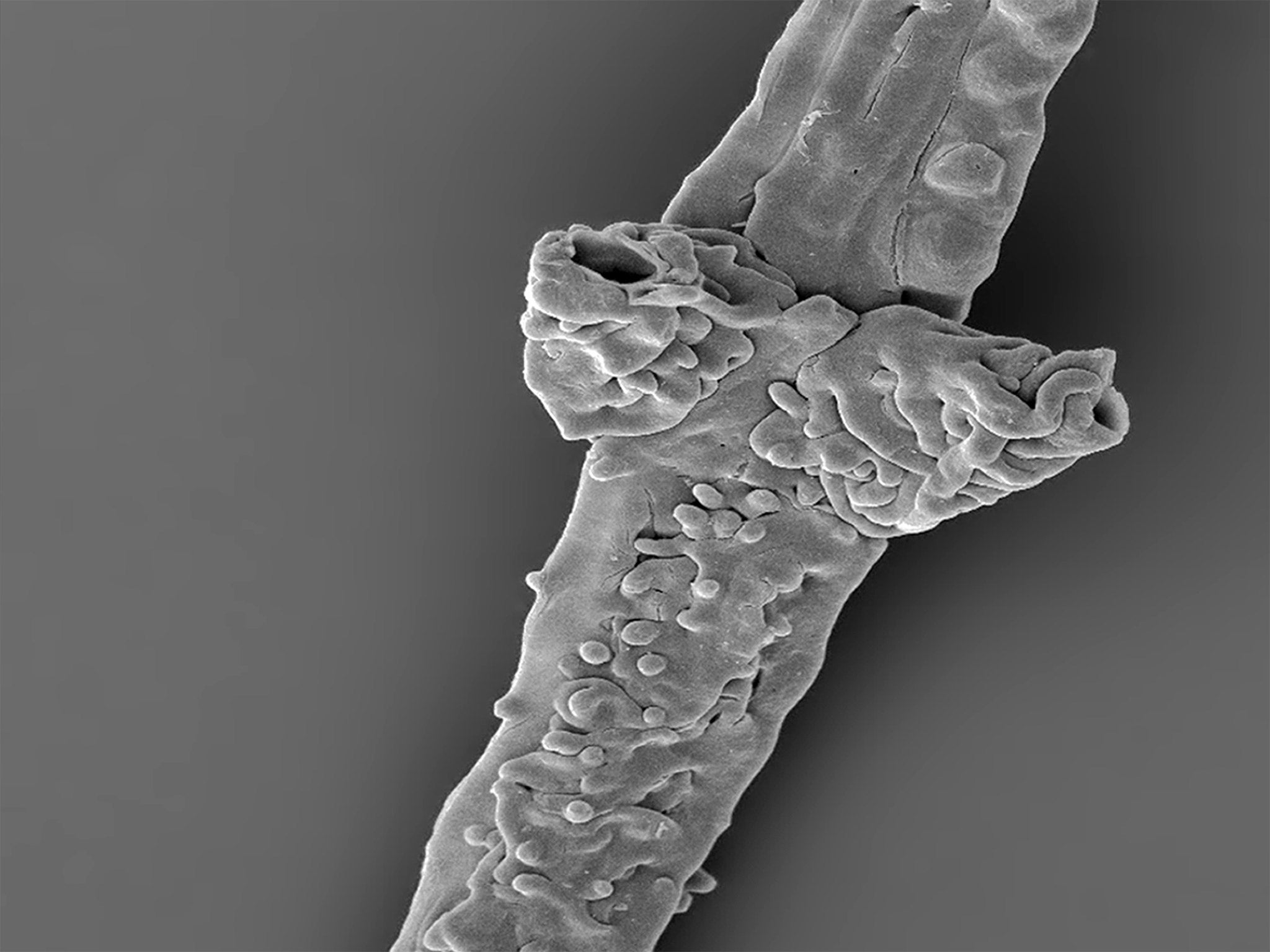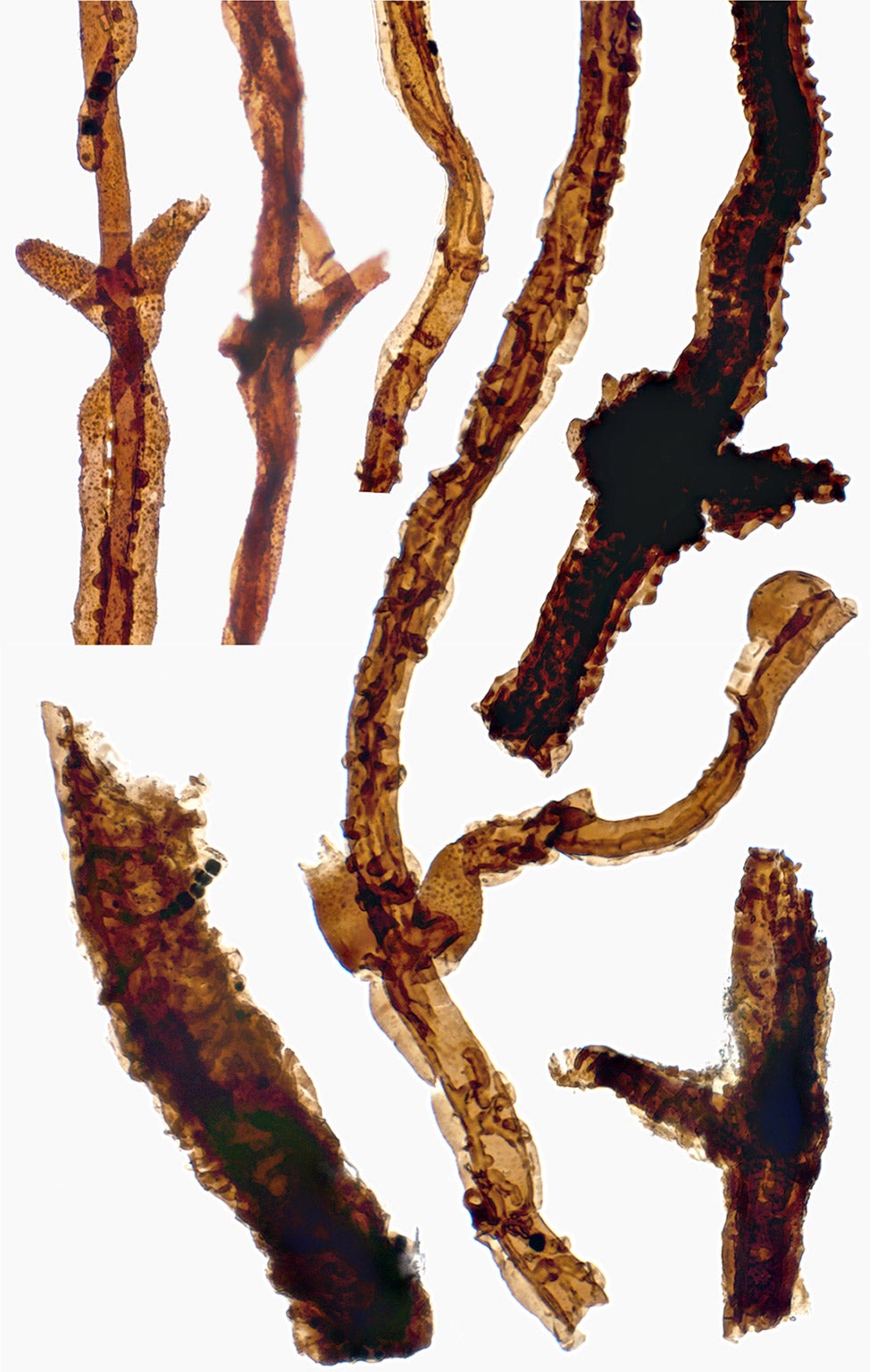Fossilised remains of oldest form of land-dwelling life ever discovered found on remote Scottish island
The tiny Tortotubus fungus helped create life as we know it and is believed to date back some 440 million years

The fossilised remains of the oldest form of land-dwelling life ever discovered have been found on a remote Scottish island, according to a report.
The tiny Tortotubus fungus, believed to date back some 440 million years, helped create life as we know it, playing a key role in the production of the first fertile soils that allowed plants to flourish and in turn attracted animals to move from the sea to the land.
The fossil – shorter than the width of a human hair – was discovered by Cambridge University scientists on the inner Hebridean island of Kerrera, off Oban, and in Gotland, Sweden, The Daily Telegraph reported.

One of the researchers, Dr Martin Smith, author of a paper published in the Botanical Journal of the Linnean Society, said: “During the period when this organism existed, life was almost entirely restricted to the oceans: nothing more complex than simple mossy and lichen-like plants had yet evolved on the land.
“But before there could be flowering plants or trees, or the animals that depend on them, the processes of rot and soil formation needed to be established.”
Fungus plays a key part in creating deep, nutrient-rich soils, probably by breaking down bacteria or algae that are thought to have been present on the land.
“What we see in this fossil is complex fungal ‘behaviour’ in some of the earliest terrestrial ecosystems – contributing to soil formation,” Dr Smith said.
Its discovery also suggests that mushrooms could have been the first complex organisms on land.
“This fossil provides a hint that mushroom-forming fungi may have colonised the land before the first animals left the oceans,” Dr Smith said. “It fills an important gap in the evolution of life on land.”
Join our commenting forum
Join thought-provoking conversations, follow other Independent readers and see their replies
Comments